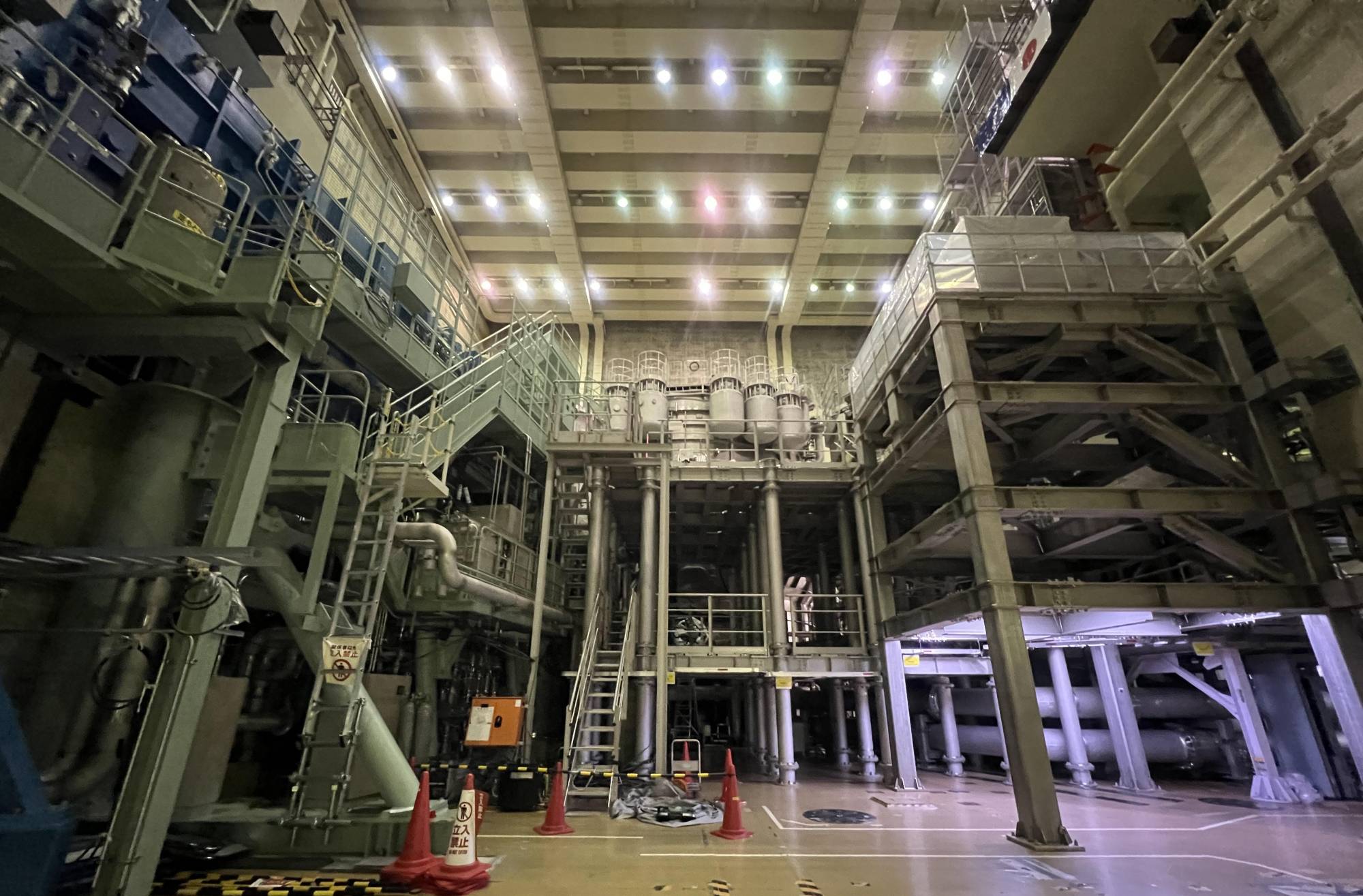Japan on Friday adopted its first-ever national strategy on nuclear fusion, highlighting the need to create a domestic industry in the field, as competition to develop and commercialize fusion power heats up around the world.
The strategy calls for the wider participation of the private sector in research and development of fusion energy, considered the ultimate energy source free of carbon dioxide emissions.
“We will list as our vision the industrialization of fusion energy, using (the country’s) technological advantage, in order to seize market opportunities,” said the report, compiled by the Cabinet Office.


















With your current subscription plan you can comment on stories. However, before writing your first comment, please create a display name in the Profile section of your subscriber account page.